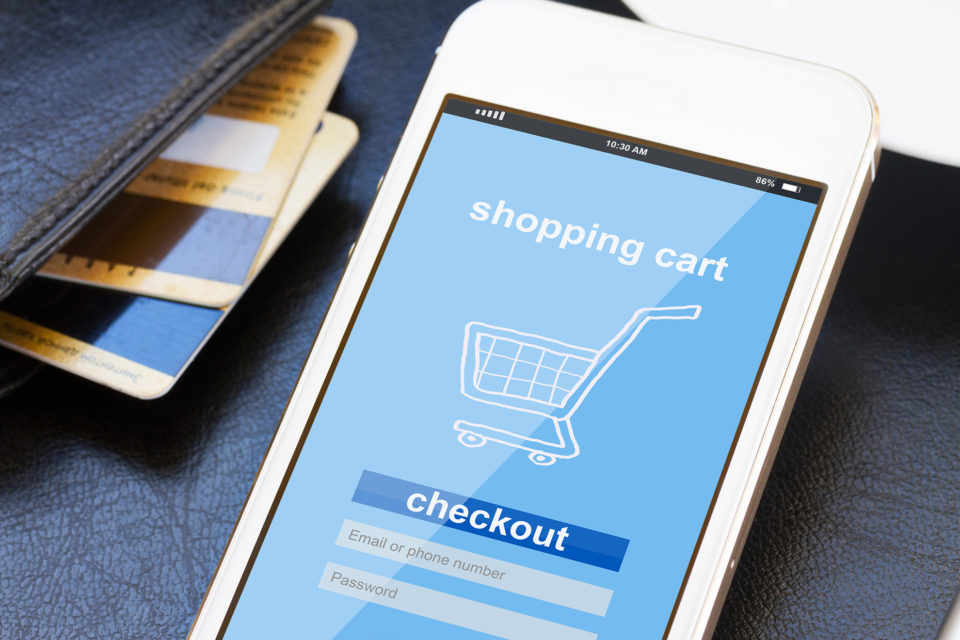Millennials are the largest generation in the U.S. labor force—a position they’ve held since 2016—and they’re involved in the majority (73%) of B2B purchasing decisions. Raised in the age of the Internet, they’re digital natives and easily adopt and adapt to new technologies. And mobile apps are their lifelines.
Why does this matter? Well, when you combine Millennials’ tech savviness with their business acumen, their clout in a digital economy comes into focus. As both decision-makers and connoisseurs of mobile technology, they can make or break you in a low-growth economy if your business model doesn’t square with their preferences.

In other words, if you’re not embracing mobile commerce, you may soon be ancient history. This generation has little-to-no use for brick-and-mortar storefronts, banks, etc., instead preferring to use apps for shopping, financial transactions and more.
Of course, making m-commerce a linchpin of your business model isn’t risk free; cybersecurity concerns are of critical importance. Increasingly, personal data protection is tied directly to consumer loyalty to a particular brand, and Millennials in particular care about how their data is used and safeguarded.
You Can’t Rush Greatness
While Millennials are renowned for an “I want it fast, and I want it now” attitude (which explains why 63% of them use their smartphone to shop every day, versus trekking to a store), the biggest mistake you can make is overlooking security in a rush to roll out a mobile strategy.
The fact is, vulnerabilities on m-commerce platforms can result in severe financial impacts; the average cost of a corporate data breach is $3.86 million. If a mobile app or mobile responsive e-commerce site is hit by an application attack, for example, short-term profit loss (which can escalate quickly) and longer-term reputation loss are serious risks. And as we move into 2019, there are several mobile security threats that we need to take seriously.
[You may also like: Are Your Applications Secure?]
Baking cybersecurity into your mobile strategy—as a core component, not an add-on—is, without question, necessary. The reason is manifold: For one thing, mobile devices (where your app primarily lives) are more susceptible to attacks. Secondly, mobile commerce websites are often implemented with a web application firewall to protect it. Thirdly, Millennials’ reliance on m-commerce, both as B2B and B2C consumers, means you stand to lose significant business if your app or website go “down.” And finally, Millennials are security conscious.
Securing the Secure Customer Experience
So how can you help ensure your m-commerce platform, and thereby your Millennial customer base, is secure? A number of ways:
- Guard your app’s code from the get-go. Test the code for vulnerabilities, ensure it’s easy to patch, and protect it with encryption.
- Consider a Web Application Firewall (WAF) to secure your APIs and your website.
- Run real-time threat analytics.
- Be mindful of how customer data is stored and secured. (Don’t pull an Uber and store data unencrypted!)
- Patch often. Because security threats evolve constantly, so must your security patches! Just ask Equifax about the importance of patching…
[You may also like: Growing Your Business: Security as an Expectation]
Of course, this isn’t an exhaustive list of proactive security measures you can take, but it’s a good start. As I’ve said time and time again, in an increasingly insecure world where security and availability are the cornerstones of the digital consumer, cybersecurity should never be placed on the back burner of company priorities. Don’t wait for an attack to up your security game. At that point, trust is broken with your Millennial customer base and your business is in trouble. Be proactive. Always.